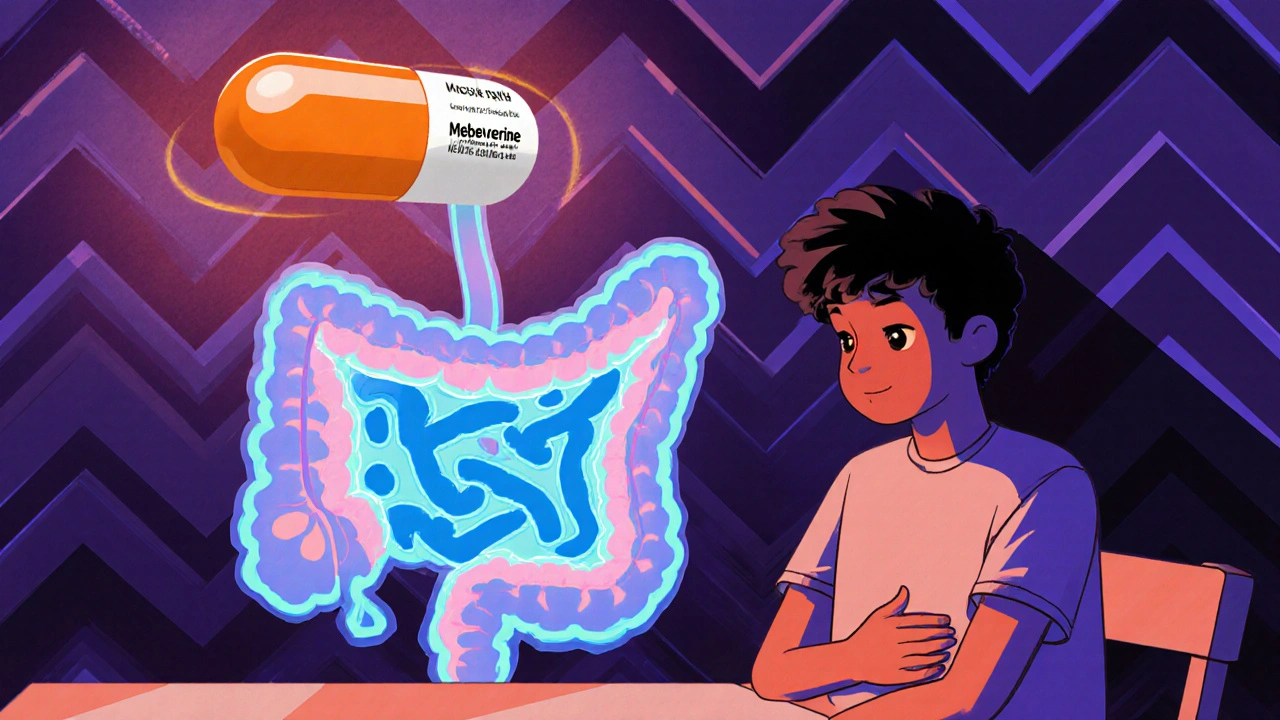Diarrhea Management: Practical Tips, Causes, and What Works
When you’re dealing with diarrhea management, the practical steps taken to stop frequent loose stools and prevent complications. Also known as bowel movement control, it’s not just about stopping the runs—it’s about protecting your body from dehydration, electrolyte loss, and worse. Most people think diarrhea is just a nuisance, but it can be a sign of something serious—especially if it sticks around. Whether it hits you after a bad meal, travel, or a course of antibiotics, knowing how to handle it makes all the difference.
There are two main types: acute diarrhea, lasting less than two weeks and often caused by infections or food poisoning, and chronic diarrhea, lasting longer than four weeks and tied to conditions like IBS, Crohn’s, or malabsorption. The treatment changes depending on which one you’ve got. For acute cases, the top priority is rehydration therapy, replacing lost fluids and salts to keep your body from shutting down. Oral rehydration solutions (like WHO-formulated salts) work better than soda or juice. You don’t need fancy meds—just water, salt, and sugar. For chronic cases, it’s about finding the root cause, which might mean testing for infections, food intolerances, or gut imbalances.
Many people reach for anti-diarrheal pills too fast. Loperamide can help slow things down, but it won’t fix the problem—and in some cases, like bacterial infections, it can make things worse. The same goes for antibiotics. Unless a doctor confirms a bacterial cause, don’t take them. Your gut needs good bacteria, not more disruption. Probiotics? They help some people, especially after antibiotics or travel, but they’re not magic. Stick to strains like Lactobacillus rhamnosus or Saccharomyces boulardii—those have real data behind them.
What you eat matters too. The BRAT diet (bananas, rice, applesauce, toast) isn’t science fiction—it’s simple, bland, and easy on the gut. Avoid dairy, fatty foods, caffeine, and sugar alcohols (like sorbitol in sugar-free gum). These can make diarrhea linger. And if you’re traveling, clean water and cooked food aren’t just recommendations—they’re survival rules.
When should you see a doctor? If you’re dizzy, have blood in your stool, a fever over 102°F, or if diarrhea lasts more than three days without improvement. Kids and older adults are at higher risk for dehydration, so don’t wait. Even if you feel fine, losing too much fluid can mess with your heart and kidneys.
What you’ll find in the posts below isn’t a list of quick fixes—it’s real, practical info from people who’ve studied this stuff. You’ll see how laxatives like bisacodyl can sometimes backfire and mess with your gut-brain connection, how alcohol and caffeine play a role in bowel issues, and why some meds that help one thing can make diarrhea worse. There’s no fluff here. Just what works, what doesn’t, and what you need to watch out for.
Mebeverine’s Role in Managing IBS‑Diarrhea (IBS‑D)
Explore how Mebeverine works, its clinical evidence, dosing tips, side effects, and how it compares to other IBS‑D treatments in a practical guide.
© 2026. All rights reserved.

